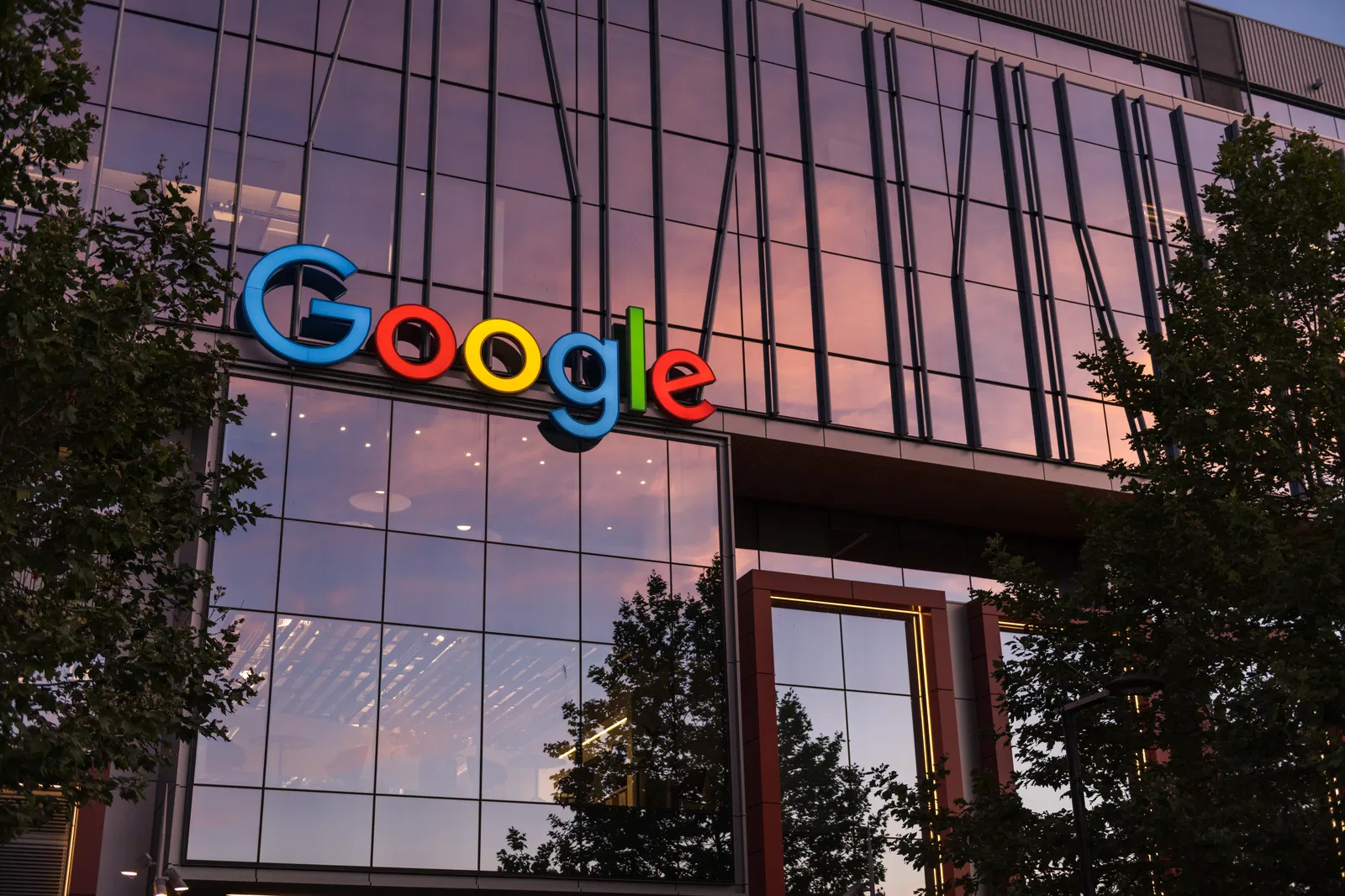Physical Address
4 Elgon Terrace, Kololo, Kampala, Uganda
Physical Address
4 Elgon Terrace, Kololo, Kampala, Uganda

Google has announced a $37 million investment plan to accelerate the development and responsible use of artificial intelligence (AI) across Africa. The funding package targets several key areas including food security, language inclusion, infrastructure, and the support of early-stage AI startups.
The bulk of the investment — $25 million from Google.org — has been earmarked for the AI Collaborative for Food Security, which will bring together researchers, non-profits, and tech partners to develop AI tools for early hunger detection, improving crop resilience, and advisory services to smallholder farmers. In addition, $3 million is being provided to the Masakhane Research Foundation to support over 40 African languages. This includes work on datasets, machine translation, and voice tools to improve internet access in indigenous languages.Google is also launching a catalytic funding initiative aimed at over 100 early-stage AI startups in sectors such as healthcare, education, and agriculture. These startups will benefit from grant funding, technical support, and mentorship.
Another component is the AI Community Center in Accra, Ghana, designed to be a hub for learning, collaboration, research, and innovation across AI, culture, and social impact. In parallel, Google will roll out 100,000 Google Career Certificate scholarships to expand access to job-ready AI, data analytics, cybersecurity, and related skills.
This investment addresses multiple systemic gaps: many African countries face food insecurity exacerbated by climate change; digital inclusion is often hindered by lack of access to services in local languages; and the startup ecosystem needs infrastructure, training, and funding to build impactful solutions. Google’s plan is significant because it’s holistic — not just investing in hardware or translational tools, but also in human capital, context-aware AI, and linguistic inclusion.
Whether the AI tools for food security can successfully reach remote and vulnerable populations.
The quality and openness of datasets for languages, and whether translation & voice tools are accurately representative.
How well the Community Center in Accra is utilized, especially for inclusive participation (urban and rural, various countries).
Sustaining funding and ensuring ethical AI / privacy / data protection as more applications come online.